From London Free Press link to article by Dale Carruthers, Dec 28th 2018
A northern Ontario Indigenous community has become the first to ban the province’s monopoly pot delivery service from its territory, a move that at least one Southwestern Ontario First Nation – and maybe more – is looking to follow.
In Southwestern Ontario, where illegal marijuana stores have proliferated in the last year, Indigenous leaders have voiced concerns about the fallout from legalized marijuana, but none has taken the required steps under Ontario’s new marijuana law to ban Ontario Cannabis Store (OCS) deliveries to their communities.
Kitchenuhmaykoosib Inninuwug, a community 580 kilometres north of Thunder Bay, became the first last week, the OCS said.
One day before Canada legalized recreational cannabis Oct. 17, Chippewas of the Thames First Nation Chief Myeengun Henry vowed to ban OCS deliveries, citing a disagreement with the province over jurisdiction.
“We want an agreement with Ontario that results in the province stepping away from assertions of jurisdiction on our territory. It is our place and our responsibility to regulate how business, including cannabis, is carried out on this reserve, and not the province,” Henry said at the time.
But the band council of the First Nation, southwest of London, still hasn’t passed an official resolution more than two months later.
The law requires band councils to first approve a resolution opting out of OCS deliveries and to provide a copy of it to the provincial pot retailer.
“Our official (band council resolution) and posting with the Ontario agency for cannabis has taken a bit longer due to our unique geographic situation,” Chippewas spokesperson Rolanda Elijah said by email Thursday. “Our reserve has another reserve within our boundaries. We actually own the roads servicing the other First Nation, which is Munsee Delaware.” Band officials will hold a special meeting in January on the issue.
Adults in Ontario can buy recreational marijuana legally only via the OCS until the first bricks-andmortar stores open on April 1.
Jessica Hill, chief of neighbouring Oneida of the Thames First Nation, isn’t ruling out banning OCS deliveries, but says her community is still devising its pot strategy.
“We haven’t decided yet what we’re going to be implementing,” said Hill, whose community southwest of London has about 2,100 residents.
“We have a lot of work to do in our community because the government has sort of left us out in no man’s land,” she said, noting Oneida gets no cut of pot sales revenue like Ontario municipalities.
Critics warn banning OCS deliveries will embolden black market dispensaries. More of the illegal stores have popped up in recent months on Indigenous territories, where police have largely turned a blind eye to the businesses while cracking down on illegal pot shops in cities across the country.
At least four illegal retailers operate on Oneida, including one that’s been linked to a former chief, drawing a steady stream of customers from London and area.
Opinion on the unsanctioned pot shops is divided, Hill said.
“A lot of people see it as (a) business opportunity, an economic opportunity.
A lot of people see it as a way that illegal drugs will creep into our communities,” she said.

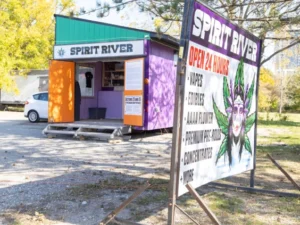
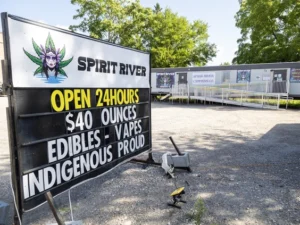
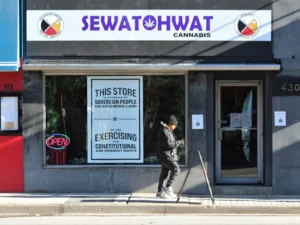
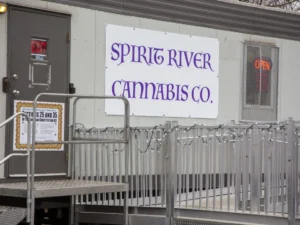
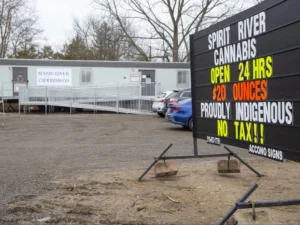
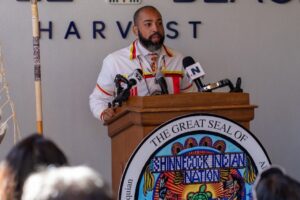



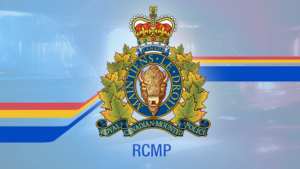



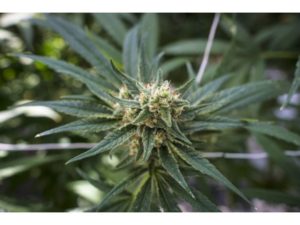
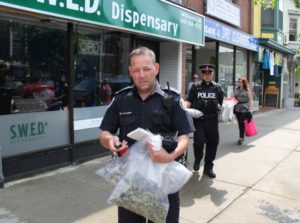






Comments are closed.